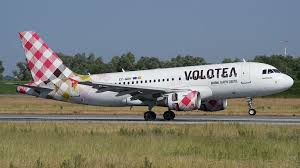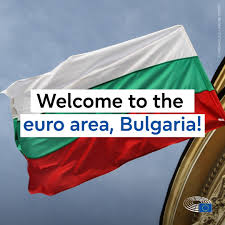Almost 5 000 false identity documents seized in Greece

Athens: The Aliens Division of Attica within the Hellenic Police (Ellinikí Astynomía), supported by Europol, targeted a criminal network involved in document fraud and migrant smuggling activities.
The criminal network, based in Athens, produced high-quality falsified travel and identification documents, which were used to enable irregular migrants to travel illegally across the EU and legalise their stay in their final destination country.
The investigation led to four action days between September 2023 and February 2024. More than 50 connected cases of smuggling by air have been investigated.
Overall results of the four action days:
11 arrests (3 Palestinians, 3 Latvians, 2 Iranians, 2 Syrians, 1 Lebanese),
4 print shops dismantled,
Seizures including:
4 650 illegal documents,
electronic equipment,
10 high-end laser printers and other equipment/material for the production of false documents,
over EUR 20 000 in cash.
The investigation identified that the criminal network was active since September 2023. The suspects used sophisticated equipment (laser printing devices, software and document scanners) to produce high-quality false travel and identification documents, which were especially difficult to detect as fraudulent. The costs of false documents ranged from EUR 400 to EUR 1 200, depending on its type and country of origin.
The large number of seizures made during the action days shows the particularly intense activity of the network. The documents seized during the raids alone held an estimated market value of EUR 600 000. In addition to producing and disseminating false documents, the suspects also allegedly organised smugglings by air, for which they used their own forged documents and charged EUR 6 000 per person for the full criminal service including the flight tickets.
The documents found during the raids were predominantly forgeries of EU documents (for example imitating Belgian, Dutch, Danish, Finish, Greek, German, Italian, Hungarian, Slovenian, Spanish, Swedish, Norwegian, as well as Colombian and Ukrainian documents). The forgers, who were running independent print shops, collaborated with each other on a case-by-case basis, mainly in the exchange of raw materials or in the preparation of specialised documents. The forgers avoided direct contact with customers, irregular migrants or members of other migrant smuggling networks, instead using intermediaries who were concluding the deals and delivering the false documents on their behalf.
The outcome of this operation confirms migrant smugglers’ increasing use of fraudulent documents in order to facilitate illegal entry into the EU. The smugglers also provided false documents which would enable migrants to change their residence status within the EU. The operational information contributed to Europol indicates that document fraud is present in many migrant smuggling cases. Enhancing international cooperation and Europol’s support to national authorities will be crucial for increasing the effectiveness of investigations into the production and dissemination of false documents.
Europol supported this investigation by facilitating information exchange, coordinating operational activities and providing tailored operational analytical support. During the action days, Europol deployed two experts to Greece to support the field activities by crosschecking the operational information collected in real-time. Europol also provided operational analysis to help deliver possible leads to investigators on the ground.





